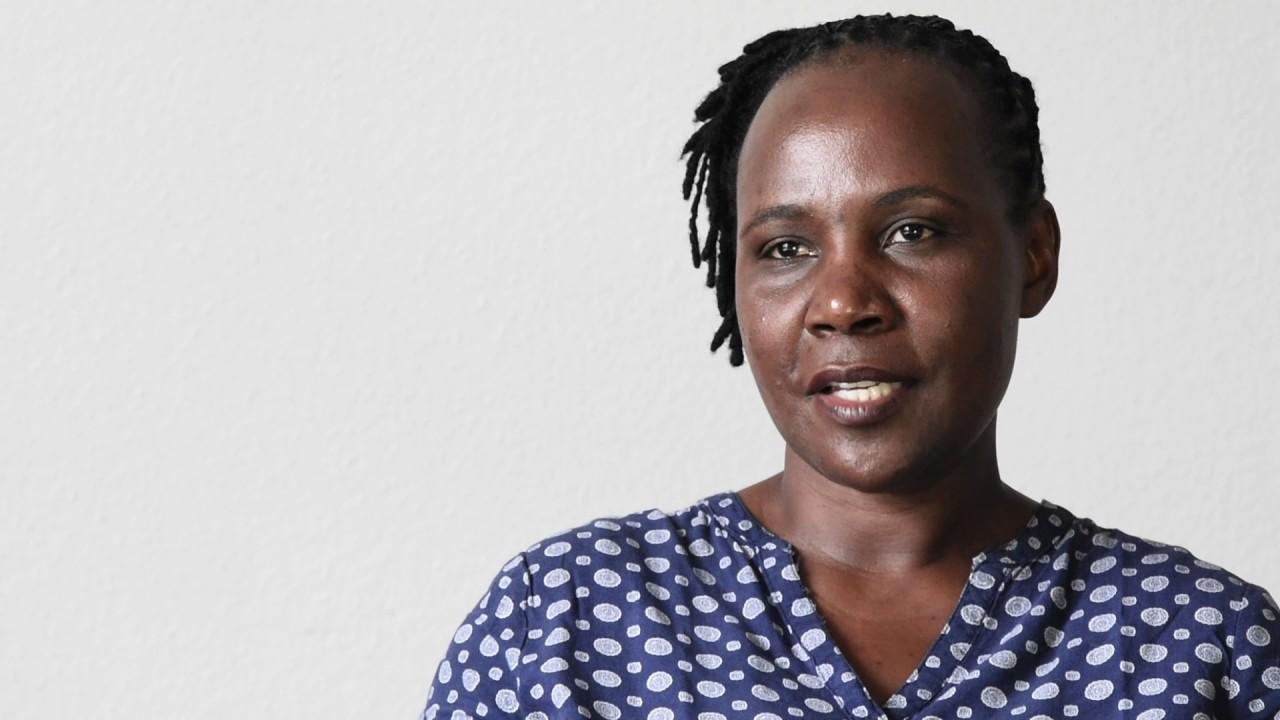
YouTube Video (BKiNv55Ttc8)
Sellah Moraa, a Laboratory Technician, has been on five missions with MSF. Recently, she was on a mission in Eswatini where she worked in a comprehensive health ca “Eswatini is not an emergency conflict country. But looking at the reasons why MSF was there, there was a need because Eswatini has the highest HIV and TB prevalence in the whole world: that in itself was an emergency,“ explains Sellah.
MSF started working in Eswatini in 2007 and works closely with the Ministry of Health to improve TB diagnosis and treatment, especially DR-TB, working in government health facilities in Mankayane, Matsapha, Shiselweni and Moneni.
To help patients continue their treatment in spite of the often challenging side-effects including deafness and nausea, MSF teams go beyond providing medical care. They help patients cope by providing in-home care when possible and offering individual medical follow up and adherence counselling, group peer counselling, transport allowances, and housing support. This extends to food packages, occupational therapy and sign language training (for patients who become deaf as a side effect of treatment).
Alongside this, MSF in Eswatini is using shorter treatment regimens (9 months instead of the usual 2 years), and for eligible patients, the newest drugs for the hardest to treat symptoms. These new drugs: Bedaquiline and Delaminid, are the first new tuberculosis drugs in almost 50 years, giving new hope of a cure to patients who previously had none.
Along with being more effective, these drugs have fewer side effects than older treatments that contain injectables (including no risk of full or partial deafness). While the new drugs show promising results, access to new TB drugs worldwide is limited. In October 2016, it was estimated that, globally, only 5,738 patients have been able to access Bedaquiline, and 405 patients have had access to Delamanid.
Find out more about MSF's activities in Eswatini.